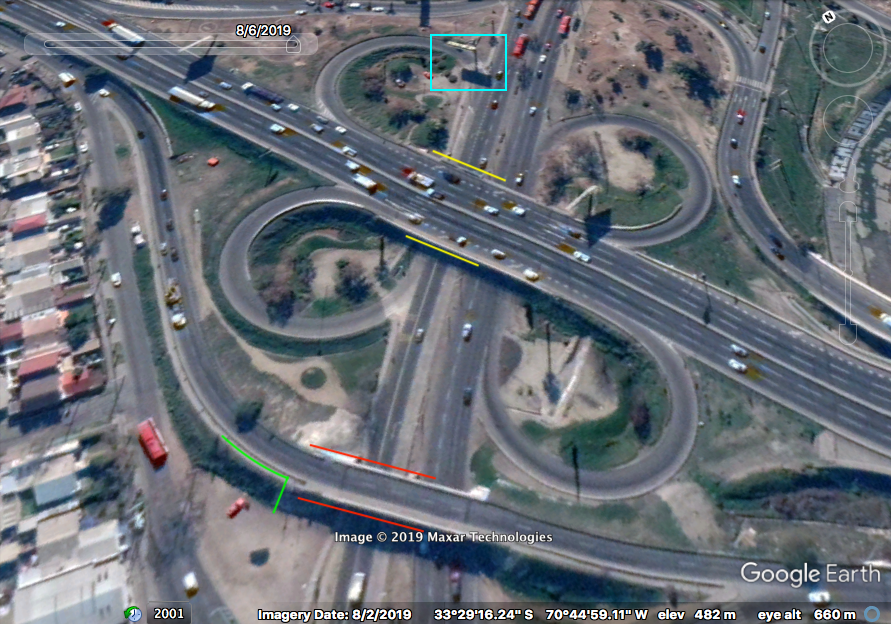I thought a Tweet-walk through the book of Job might, therefore, prove helpful.
And, as it happens, @TGC’s Bible Plan has just reached Job.
#TwitCom
thegospelcoalition.org/article/read-b…
Now, Job is a long book.
Even a fairly brisk walk through it could, therefore, take some time.
But the book of Job is not long without reason.
It is long because the question it asks do not have quick and easy answers.
And it is long because people who have suffered in the same kind of way as Job do not recover from it overnight.
The book of Job is a journey, and is one which moves at a fairly slow pace.
It just provides them in God’s good time and in God’s chosen manner.
So, with these thoughts in mind, let’s dive in.
‘Does Job worship God for naught?’, Satan asks.
The implied answer is ‘No’. (Satan is ‘the accuser’ after all.)
Job worships God not because of who God is, Satan says, but because of what he gets out of it.
Some commentators suggest God engages with Satan simply out of deference to his concerns.
What is at stake, however, is not the concerns of Satan, but the character of God and his people.
First, Job’s integrity.
Job is not a true worshipper of God, Satan says.
His devotion is merely a matter of convenience.
Satan implies God has to buy his worship.
he has to coax it from his people by means of bribery, i.e., with a form of ‘prosperity Gospel’.
And, remarkably, in order to refute them, God takes Satan up on his wager.
As a result, Job is afflicted by a whole array of disasters...
then fire ‘falls’ from heaven (1.16);
next Job’s house ‘falls’ on his children (1.19);
and, in response, Job himself ‘falls’ to the ground (1.20).
And yet, incredibly, he does so in worship to his Maker.
and naked I will return there.
The LORD has given,
and the LORD has taken away.
Blessed be the name of the LORD.
Suffice it to say, these are hardly the words of a man who holds to a prosperity Gospel.
which, happily, marks the end of Satan’s (direct) interaction with him.
As such, Satan loses his wager. And, praise be to God, we never hear from him again in the book of Job.
which is often seen as the best thing they do.
But, while the silence of Job’s friends was well motivated (2.13), I am not personally convinced it was so helpful.
Wouldn’t it have been better for Job’s friends to assure him they were on his side and encourage him in the Lord?
Job therefore seems to have viewed his friends’ silence as the kind of silence which awaits a confession of sin rather than seeks to comfort.
That is not, of course, to suggest it is undesirable to sit and listen to a friend in need.
But Job’s friends do not listen; they simply sit.
We are only told they didn’t speak ‘to Job’ (2.12).
...which is where we’ll pick things up next time.
Before we do, however, a brief reflection to close.
It shows the sincerity of our worship in a manner which is otherwise not possible, and which not even Satan can detract from.
Indeed, it passes the very test of sincerity Satan devised.
THE END.


















